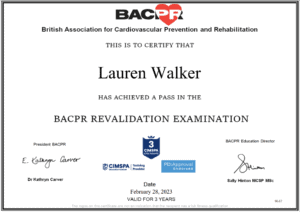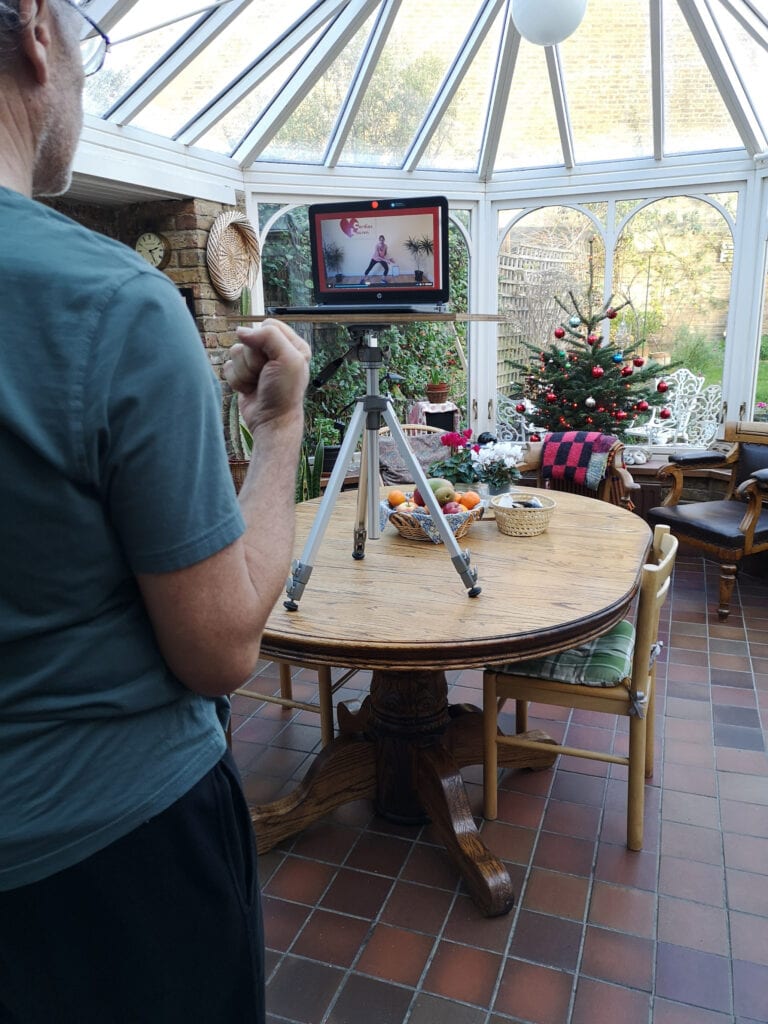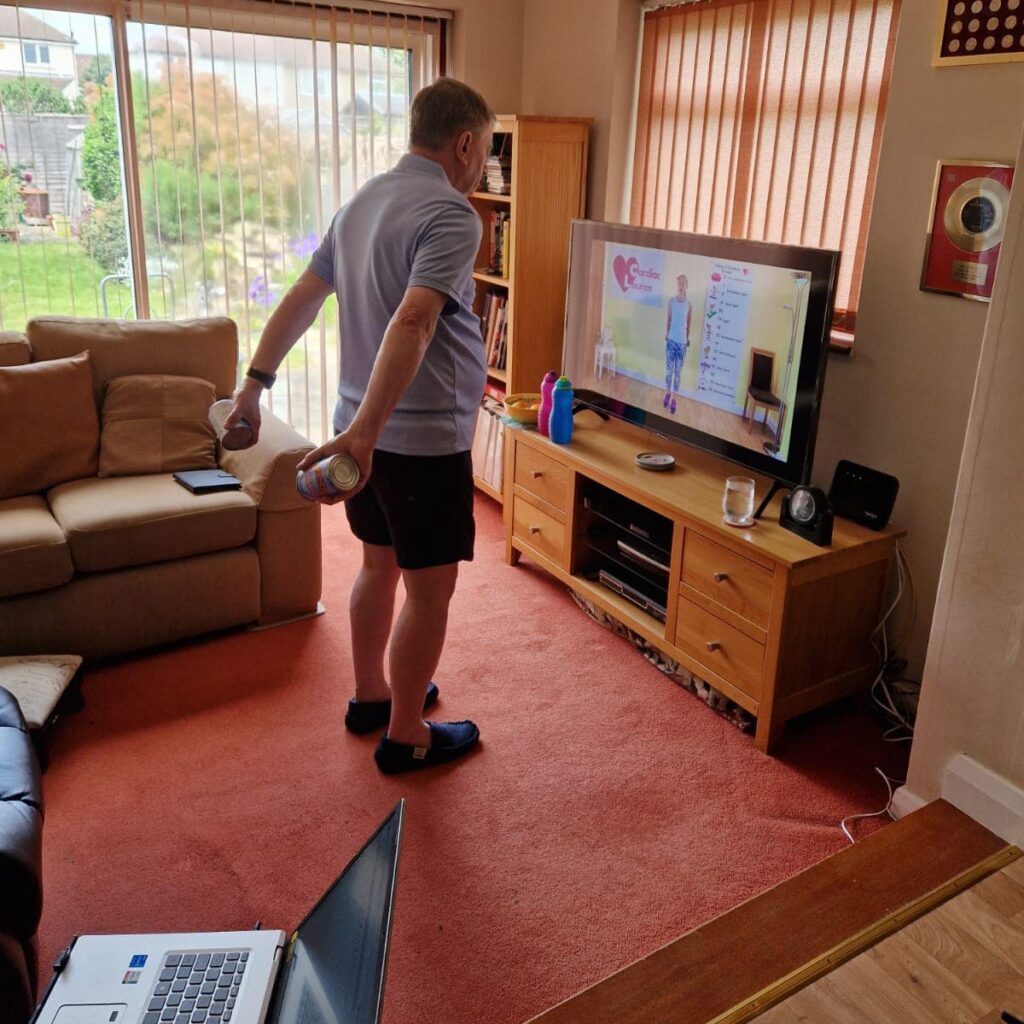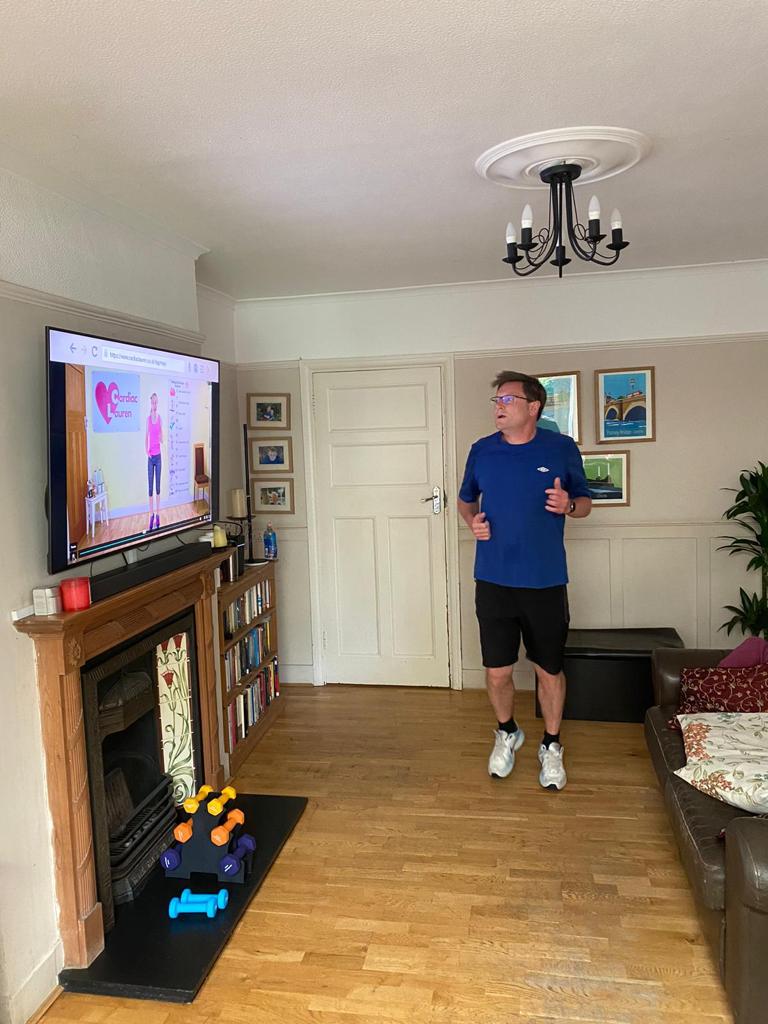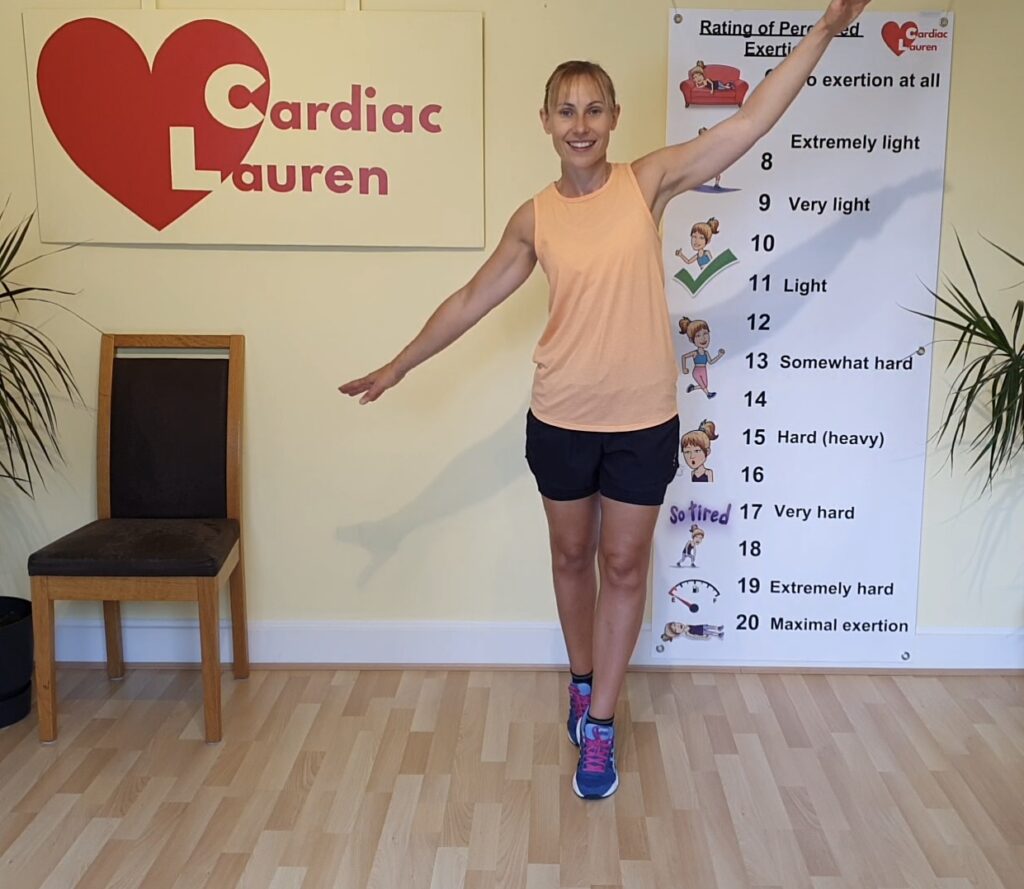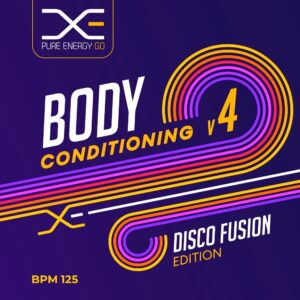No matter your age, level of physical activity or state of overall health, staying hydrated is an incredibly important component of our health and well-being. Taking in plenty of water allows optimal performance of bodily functions, increased cognitive function, better skin, hair and nails, decreased likelihood of suffering from joint pain and much, much more.
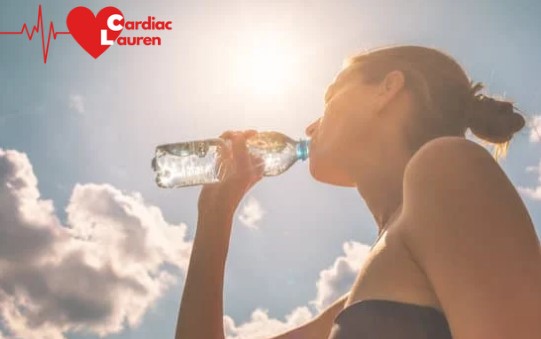
So, how is it that according to recent studies, only 53% of adults in the UK are drinking enough water?
In this article, we will look at why hydration is fundamental to good physical and mental health, as well as surprising facts and benefits of drinking more water.
The Body and Water
Did you know that your body is approximately 60% water? Different organs have a different water content, with your heart and brain being about 73% water and even your bones being 31% water!
However, your body loses water throughout the day through normal functions such as sweating and urination. The average person loses between 2.5-3 litres of water per day. If this water is not replaced, then your organs may not be able to work properly, which leads to symptoms such as thirst, brain fog and fatigue.
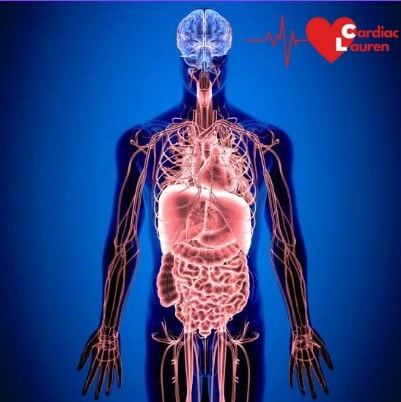
In fact, even being slightly dehydrated can impair your cognitive function. Persistent dehydration over the long term can also compromise your kidney health and also put pressure on your heart.
WHAT WATER DOES FOR YOU
The question here should perhaps be ‘What doesn’t water do for you?’ The following should make you realise just how crucial adequate hydration is for all aspects of your life.
1. Cognitive function
Dehydration can impair cognitive functions like concentration, memory, and mood. Staying hydrated can help you think clearly and stay alert.
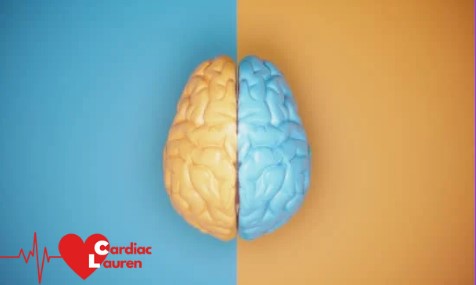
2. Kidney function
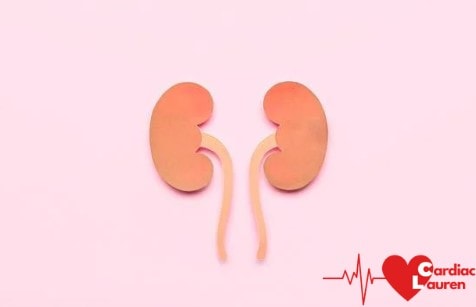
Your kidneys rely on water to filter waste and excess substances from the blood, which are then excreted as urine. Adequate water intake supports kidney function and helps prevent kidney stones.
3. Cushioning joints
Proper hydration helps keep your joints supple and lubricated – reducing the risk of joint pain and stiffness.
4. Clean mouth
Drinking water helps to clean your mouth and reduces the likelihood of dental issues such as tooth decay.
5. Nutrient and waste transport
Water is the medium through which nutrients are transported to cells and waste products are removed from the body. Without enough water, these processes can become less efficient.
6. Temperature regulation
Water helps regulate your body temperature through processes like sweating. When you’re active or very hot, you lose water through sweat. Adequate hydration helps keep your body cool. In the Cardiac Lauren classes, you are encouraged to drink throughout the session to remain as hydrated as you can be.
7. Digestion
Water is necessary for digestion and the absorption of nutrients. It helps break down food in the stomach and moves it through the digestive tract.
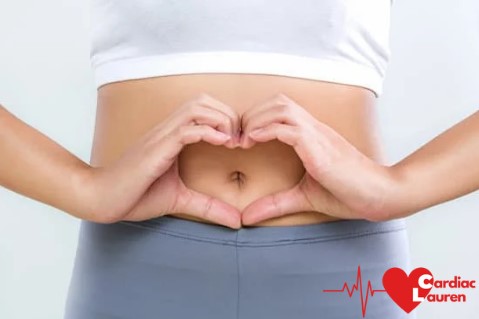
8. Skin health
Proper hydration can improve skin elasticity and health. Dehydrated skin can appear dry, flaky or wrinkled.
9. Weight management
Drinking water, especially before meals, can help control your appetite and reduce calorie intake. This can potentially aid in weight management efforts.
10. Detoxification
Water plays a role in flushing toxins and waste products out of your body through urine, sweat, and bowel movements.
Hydrated? How much should I drink?
The amount of water a person should drink can vary depending on various factors, including individual needs, activity levels, climate, and overall health. A good rule of thumb is to aim for 2 litres of water per day (more if you exercise and lose water through sweat).
Remember in the UK tap water is safe to drink. Read about the water cycle with Thames Water here.
Can I get water through other drinks?
Although you should avoid solely relying on other beverages to count towards your water intake, some drinks do contribute to keeping you hydrated.

Tea (particularly herbal teas) and coffee are largely made from water and, therefore have a hydrating effect. However, drinks that contain a lot of caffeine (for example, coffee) can lead to fluid loss as they are diuretics; this means that they can increase urine production, potentially leading to dehydration.
Any drink with a high sugar content should also be avoided or consumed only as an occasional treat, as sugar has a dehydrating effect. This includes fizzy drinks, fruit juices, smoothies, squash and (especially) alcohol. Diet drinks should also only be enjoyed in moderation; drinks with artificial sweeteners as such should not be used as a substitute for drinking water.
TIPS FOR INCREASING WATER INTAKE
Ensuring that you get enough water each day can take time and is often a process of building healthy habits. There are lots of small steps you can take to increasing water intake in your daily life; you can start small and gradually build up the following tips:
1. Set a goal
Set yourself a realistic and measurable goal to increase your water intake; for example, to drink a cup of water before your morning coffee, to drink water with every meal or to drink four 500ml (reusable) bottles of water each day.
2. Start each day with a cup of water
Starting the day by simply drinking a cup of water will rehydrate your body after sleep. It also sets the precedent for drinking water the rest of the day and is an easy habit to make stick.

3. Eat more water-rich foods
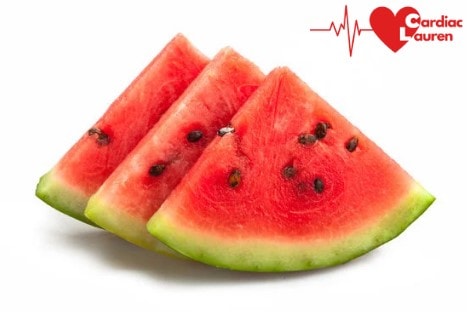
Many fruits and vegetables have high water content, such as watermelon, cucumber, and lettuce. Incorporate them into your diet to increase your water intake.
4. Watch out for sugar, alcohol and salty foods
Sugar can have a dehydrating effect, as will salty foods and alcohol especially. Make sure to minimise your consumption of all of these groups or – if having the occasional indulgence – make sure to drink plenty of water.
5. Look at your urine
Yes, you read that right! Keep an eye on the colour of your urine to assess your hydration levels throughout the day. It should be a pale yellow colour – the darker it is, the more dehydrated you are. Click here for the NHS urine colour chat to check yours.
6. Invest in a reusable bottle
By investing in a reusable bottle, you’ll not only be helping to protect the planet, but you’ll also be more likely to get the most out of your money and drink more water! Your new bottle will be a visual reminder for you to drink more throughout the day.
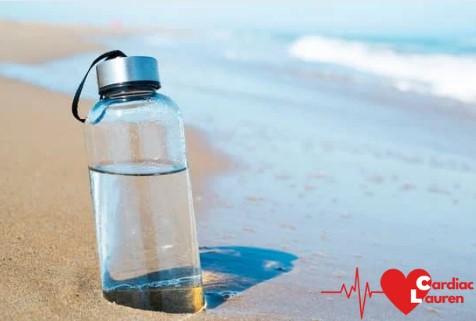
7. Pay attention to your body’s signals
Try to listen to your body’s signals throughout the day, particularly when you are thirsty. Bear in mind that some people often feel ‘peckish’ when the body is slightly dehydrated. Rather than reaching for a snack, they should be drinking a glass of water.
Can I drink too much water?
Drinking an excessive amount of water can dilute the amount of sodium in your bloodstream, which is crucial for various functions in the body. In this way, yes, it is possible to drink too much water – but this is extremely rare.
Never force yourself to drink excessive amounts of water. Instead, listen to your body and aim for 2 litres of water on average per day.

